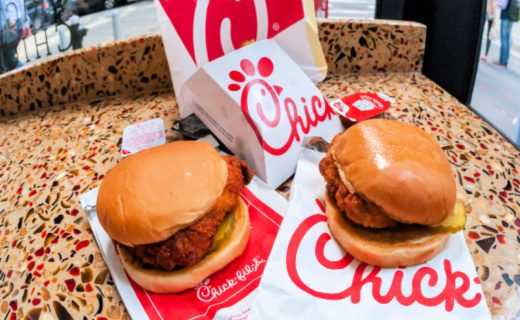The New York State Legislature has introduced a controversial bill, dubbed the “Rest Stop Restaurant Act,” that would require all businesses along the New York State Thruway, including Chick-fil-A, to operate every day of the week. Chick-fil-A, known for its Christian values and policy of closing on Sundays for religious reasons, could be significantly impacted by this legislation.
The Rest Stop Restaurant Act would require food and beverage companies contracted to provide services to stay open seven days a week — including Chick-fil-A. 👀🍟 https://t.co/8LtIUJxInU pic.twitter.com/t7yXeZyYSH
— ABC7 Eyewitness News (@ABC7) December 20, 2023
ABC 7 News reports that the bill argues Chick-fil-A’s decision to remain closed on Sundays, despite the potential for increased revenue, is an inconvenience to travelers. The bill states that public service areas should maximize their benefit to the public, and allowing retail space to go unused one day a week does not align with this goal.
Notably, the bill A08336 makes no direct reference to the religious nature of Chick-fil-A’s policy. This omission comes despite the chain’s history of facing religious discrimination allegations from various government bodies. The bill’s disregard for the potential religious discrimination implications could conflict with Supreme Court rulings that uphold religious freedom in commerce, such as the Masterpiece Cakeshop v. Colorado Civil Rights Commission case.
Assemblyman Tony Simone commented to ABC News Albany on the practical aspects of the issue, emphasizing the importance of rest-stop restaurants being open on Sundays, a busy travel day, without addressing the religious aspect of the debate.
Chick-fil-A has not made a public statement regarding this situation, but its website clearly states the founder’s intention for the Sunday closure: to allow employees a day for rest or worship.
This proposed law has sparked a fierce reaction from independent journalist @amuse, who criticized New York Democrats for seemingly targeting Chick-fil-A’s religious practices, and raised concerns about the broader implications for business operations in New York in light of ongoing legal challenges faced by President Trump and now Chick-fil-A.



